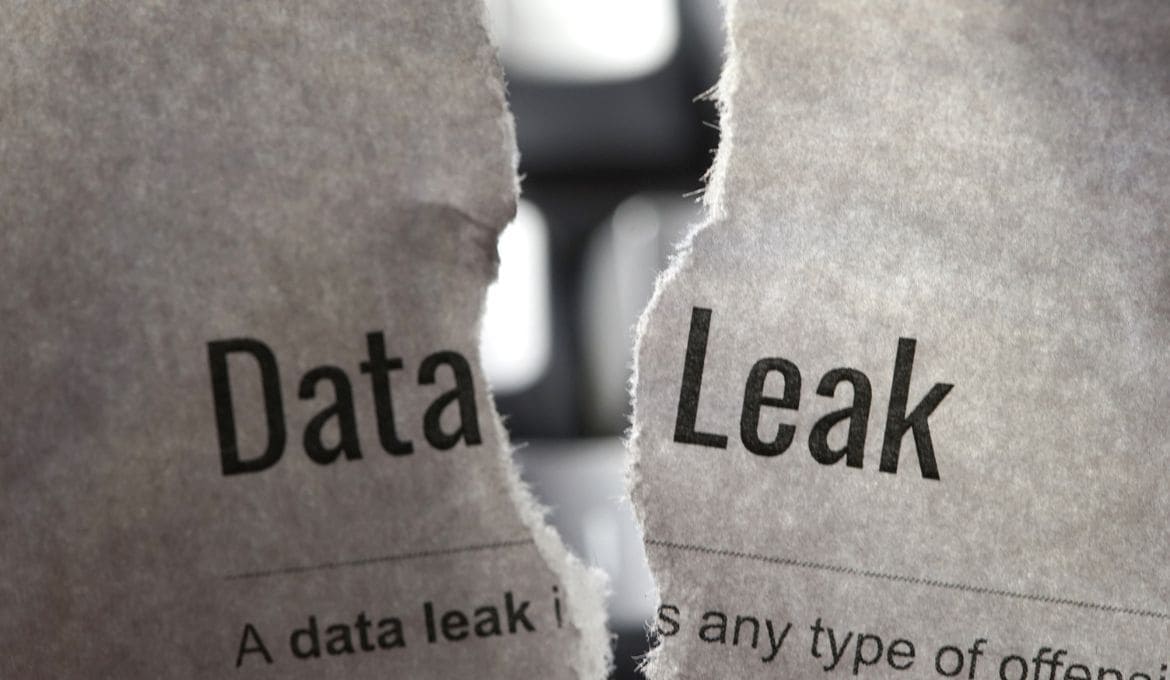A recent data breach at mSpy, a mobile monitoring app, has exposed the sensitive information of millions of its customers, showcasing the vulnerabilities inherent in spyware operations.
Short Summary to Data Breach at mSpy:
- Massive data breach at mSpy reveals sensitive customer information.
- Breach includes data of high-profile individuals and various government officials.
- Security researcher Nitish Shah and journalist Brian Krebs were pivotal in uncovering the breach.
The recent data breach at mSpy has unearthed serious security concerns regarding the misuse and protection of sensitive personal data. While the Ukrainian company Brainstack, which owns mSpy, has maintained a relative silence on the issue, security experts and investigative journalists have brought the gravity of the situation to light.
The data breach at mSpy, which occurred in May 2024, involved the theft of customer support tickets containing a treasure trove of personal information. This data included emails, phone numbers, and other sensitive documents, creating a significant privacy risk for those affected.
Security researcher Nitish Shah was instrumental in discovering the exposed data and initially attempted to alert mSpy. However, his efforts were met with resistance and a lack of acknowledgment by the company.
Brian Krebs, a renowned cybersecurity journalist, added weight to the discovery by publishing his findings on his website, KrebsonSecurity. His investigation revealed that the exposed database, or if you like data breach at mSpy, contained millions of records, including iCloud usernames, passwords, call logs, and even private encryption keys.
This breach marked a substantial risk for mSpy users, as it essentially provided a gateway to their private lives.
Brian Krebs stated, “mSpy, the makers of a software-as-a-service product that claims to help more than a million paying customers spy on the mobile devices of their kids and partners, has leaked millions of sensitive records online.”
This isn’t the company’s first brush with security issues. Back in 2015, mSpy suffered another significant breach, which resulted in user data being posted on the dark web. This recent incident only compounds the existing concerns regarding the company’s data protection protocols.
Critical analysis of the leaked data shows that mSpy’s customer base is diverse, including high-ranking U.S. military personnel, a federal appeals court judge, a government watchdog, and various law enforcement agencies.
The sheer scale and sensitivity of the exposed data suggest that the number of individuals affected could be much higher than currently known.
Krebs noted that “any person who’d have stumbled upon the exposed database would also have been able to browse the Facebook and Whatsapp messages that were uploaded from the mobile devices that were equipped with mSpy.”
The incident draws attention to the broader issue of privacy and cybersecurity within the spyware industry. Once touted as tools for parental control or employee monitoring, spyware apps are increasingly being scrutinized for their potential misuse.
Unauthorized spying on romantic partners or others’ private lives is not only unethical but also illegal in many jurisdictions.
Nitish Shah remarked, “It’s quite alarming how easily accessible sensitive data was, indicating severe lapses in basic cybersecurity measures.”
The breach also highlighted the obscure nature of Brainstack, the Ukrainian tech company behind mSpy.
For years, Brainstack managed to keep its involvement hidden; the leaked data, however, revealed extensive involvement of its employees in mSpy’s operations.
Despite attempts to contact the CEO and other senior executives at Brainstack for comments, there was no response, raising questions about their accountability and transparency.
Zendesk, the customer support platform utilized by mSpy, has denied any breach on their end but did not comment on whether mSpy’s actions violated its terms of service. The pathway through which mSpy’s Zendesk instance was compromised remains unknown, further complicating the issue.
Several key points emerged from the breach:
- High-profile individuals and government agencies are among mSpy’s clientele.
- mSpy’s data security measures are grossly inadequate, endangering user privacy.
- The breach underlines the need for stringent regulatory oversight of spyware operations.
In the wake of the breach, mSpy has claimed to have fortified its security measures and assured users of enhanced protection.
However, the damage to mSpy’s reputation and the trust of its users may be irreparable. This incident serves as a stark reminder of the perils associated with spyware and the paramount importance of cybersecurity in the digital age.
“We have been working hard to secure our system from any possible leaks, attacks, and private information disclosure,” said an unnamed chief security officer at mSpy in a response to Brian Krebs.
The officer continued, “Thanks to you we have prevented this possible breach and from what we could discover the data you are talking about could be some amount of customers’ emails and possibly some other data. However, we could only find that there were only a few points of access and activity with the data.”
The breach underscores the necessity for users to be vigilant about the apps and services they employ and understand the potential risks associated with their usage.
As global reliance on digital devices continues to grow, so does the imperative for robust data protection and privacy measures.
This incident is a wake-up call for both consumers and policymakers to reinforce cybersecurity frameworks and safeguard personal information against unauthorized access and exploitation.
For those concerned about their data, it’s advisable to regularly update passwords, use multi-factor authentication, and remain aware of the permissions granted to various apps.
As demonstrated by the mSpy incident, even trusted services can fall victim to security breaches, making individual vigilance a crucial component of digital safety.
Ultimately, the mSpy breach highlights a critical gap in the current cybersecurity landscape and demonstrates the urgent need for improved regulatory measures, better corporate transparency, and more robust data protection strategies.





